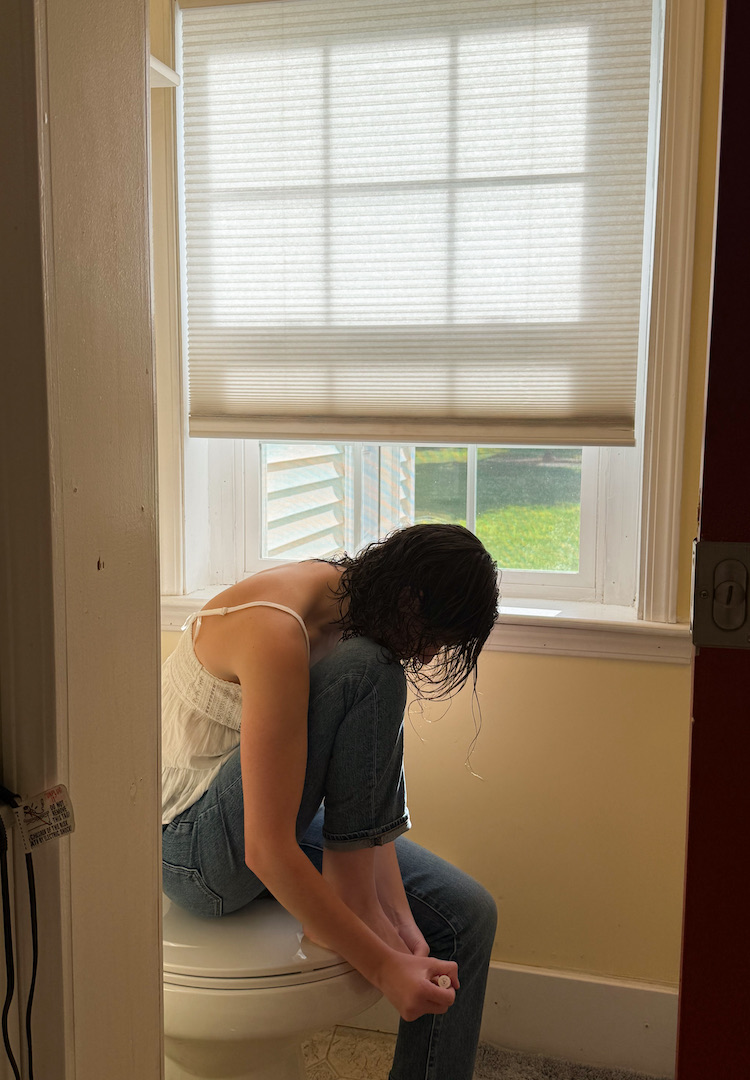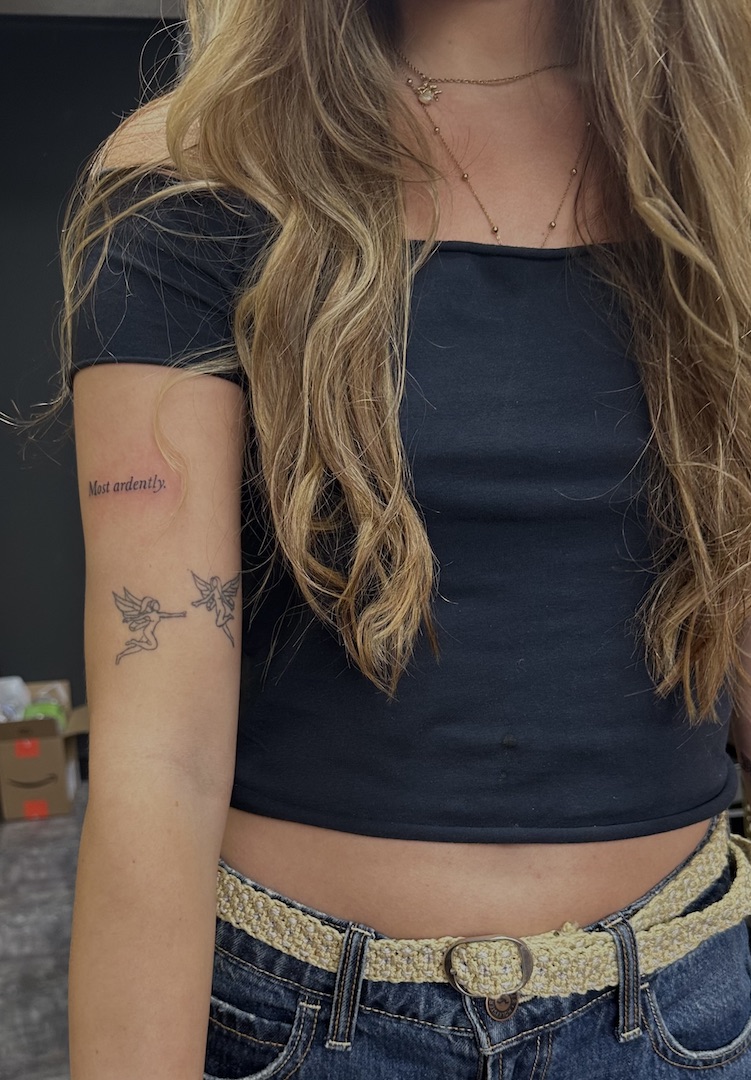Why we need to talk about grief after losing an unintended pregnancy
words by Greta Brereton
“My worst fear for women is that they will live the rest of their lives feeling that they have no right to grieve because they played a hand in it.”
Like most women, I’ve had my fair share of pregnancy scares. Late periods, missed pills, unprotected sex. Many times I played with fire and somehow always avoided getting burned. So, when I took a pregnancy test in October four years ago, I didn’t expect to see two pink, positive lines.
My short but traumatic pregnancy journey was full of surprises: jumping through hoops to schedule a termination, having an incomplete miscarriage and ending up in the emergency room. But one of the biggest was the deep grief I felt when it was over.
For more health and wellness advice, head on over to our Health section.
It felt wrong to call it a loss when I hadn’t planned on keeping it. I was angry at myself for feeling sad, guilty and ashamed about the emptiness I carried. At the time, I thought grief was reserved for women who lost babies they longed for – a type of pain I can’t and would never claim to understand.
But for those of us who’ve experienced it, grief after losing an unintended pregnancy is just as real and complex, and it deserves recognition. While everyone’s situation is different, Carla Anderson, a clinical psychologist with the Centre for Perinatal Psychology, says there are many factors that play into it.
An emotional pressure-cooker
“During pregnancy, there are so many psychological, developmental shifts that happen,” Carla explains. “It’s such a heightened and vulnerable time on an emotional and hormonal level. So many things are changing and it can feel overwhelming.”
When you make the decision to terminate a pregnancy, there’s also a sense of time-related pressure. “Having to make a decision in this time period brings a sense of urgency,” she adds. There’s also the possibility that on some level, your choice might feel at odds with certain values or beliefs, such as one day wanting to have a baby.
Laid out like that, it seems entirely logical. A turbulent experience, can stir up turbulent emotions, such as grief. So, why do we shy away from calling it what it is?
The right to grieve
“Sometimes you can feel like you don’t have the right to have that sense of grief,” explains Cindy Bridge, a mental health social worker and pregnancy counsellor. It’s a feeling known as ‘disenfranchised grief’.
“It’s basically when you don’t feel legitimised in being able to grieve,” Cindy tells me. “When we’re talking about losing an unplanned pregnancy or having a termination, it’s dismissed.”
For most women, this disenfranchisement stems from the fact that it was a decision we made. We tell ourselves that just because we chose that outcome, we have no right to feel upset about it. And if we do feel conflicted in any way, it must be because we regret our choice.
Yet as perinatal and fertility counsellor Suzanne Hurley explains, it’s never that simple. “My worst fear for women is that they will live the rest of their lives feeling that they have no right to grieve because they played a hand in it,” she says. “Grief is an expression of the love that we hold. I think the ending of anything involves grieving, regardless of the context.”
“All of these different feelings can coexist at the same time but that’s what we struggle with as a society: being able to conceptualise that,” adds Carla.
“We consent to it by not talking about it”
In Australia, abortion is one of the most common medical procedures, with at least 100,000 performed every year. Around one in four Australian women who know they’re pregnant will have a miscarriage, and one third will have an abortion in their lifetime. Despite this, we still struggle to have open conversations about the complexities around the loss of an unintended pregnancy.
“Other women need to hear that we’ve had abortions,” says Suzanne. “Because it’s this weird sort of secrecy shrouded in shame that isn’t even ours [to carry] but we consent to it by not talking about it.”
Our friends, families and other women in our communities should be the ears we turn to in times like this, however not everyone has a circle they feel safe opening up to. For those who might lack support, Cindy says peer support groups like The Abortion Project, services like 1800 My Options, counsellors, and psychologists are invaluable. They offer a non-biased and non-judgemental perspective with no agenda, giving you the chance to talk it through, unpack it and hold space for how you feel.
Since sharing my own experience, I realised how many women I knew had similar stories. It shocked me that we’d all been stuck on islands of our own grief, waiting for someone to give us permission to feel our feelings and express them openly.
The reality is, there are countless women experiencing this every day. By acknowledging the grief that may come after the loss of an unintended pregnancy and its validity, we can start to bridge the gaps between our little islands.
For more support options, try this.













